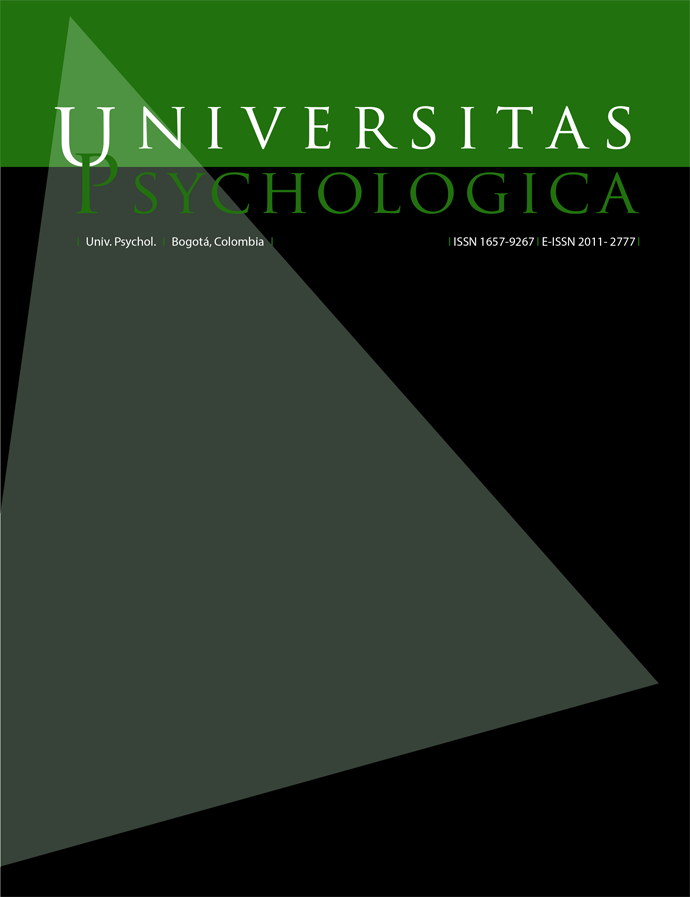Abstract
Background/Objective: The present study aims to analyze differences in parenting styles of fathers and mothers, considering the custody arrangements and their impact on children’s symptomatology, considering postdivorce family adjustment as a mediator variable. Method: Participants were 286 divorced or separated parents with high interparental conflict. Results: Through ANCOVAs, it was observed that after divorce, fathers' and mothers' parenting practices contributed in equal measure to children's psychological well-being. Non-custodial fathers used a more indulgent style whereas custodial mothers showed a more critical style. In both cases, the mediation results using PROCESS 2.15 showed how each parenting style was related to the children's psychological well-being through postdivorce family adaptation. Conclusions: This study supports the need to consider both the type of custody and postdivorce family adjustment in the comprehension of the impact of parental styles on children’s symptomatology. The results have important implications in psychotherapeutic and clinical orientations.

This work is licensed under a Creative Commons Attribution 4.0 International License.
Copyright (c) 2024 Mireia Sanz Vázquez, Marta Herrero, Susana Corral, Susana Cormenzana, Ana Martínez-Pampliega


